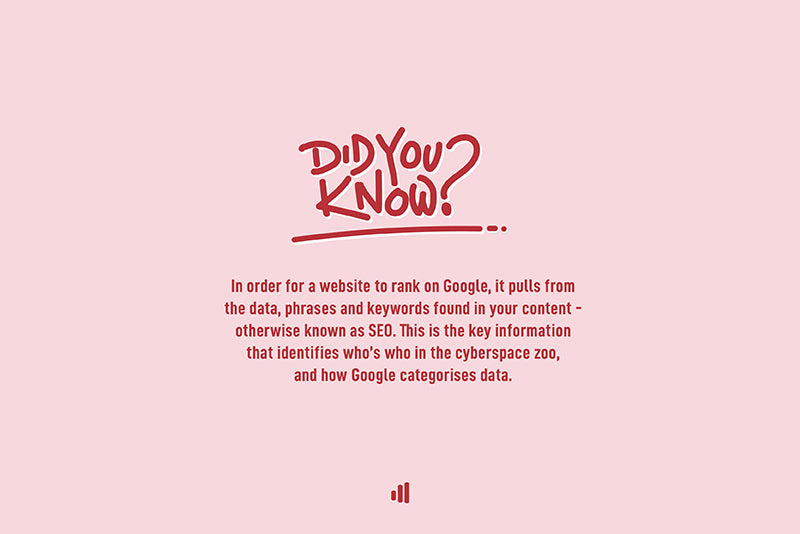Although the humble hashtag feels like it’s been a part of our day to day lives since forever, exactly who can claim the honour of introducing the concept?
In order for a website to rank on Google, it pulls from the data, phrases and keywords found in your content – otherwise known as SEO. This is the key information that identifies who’s who in the cyberspace zoo, and how Google categorises data.
In comparison, when we want to find specific information on social media – we search using hashtags. While it varies slightly on the platform (think LinkedIn, Instagram, Twitter, etc), the concept is generally the same – hashtags are how users sift through millions of posts in order to find exactly what they’re looking for. It’s not uncommon for most people to click the first few Google pages on the quest of solving their query or problem, and the same logic applies to social media – ideally, you need to be at the top.

If hashtags are the modern day equivalent of a Yellow pages book, who on earth had the brainpower to bring it to life? Was it a social media platform? Was it a CEO? Not quite.
The Birth Of The Humble Hashtag
Meet Chris Messina. After working in Silicon Valley as a product designer for more than a decade, you can imagine that he’s spent more than his fair share of time navigating the internet.
The year was 2007. Whilst living in San Francisco, he and a small group of friends began using a microblogging style social media network that was still in its early days. While sharing ideas, news and the occasional joke with his peers online, they noticed some pretty significant holes in the network’s framework, as they were unable to search or group their posts by category.
Oddly enough, that social media network just happened to be Twitter. While Chris initially got the idea of using a hashtag from online chat rooms that had a pound symbol in front of them, he decided to pitch the idea to Twitter – only to be told by the company that the concept was “nerdy” and would never catch on with the general public.
Equally dejected as he was amused, Chris didn’t give up and took an alternative approach. His group of friends decided to take the initiative, and began ‘hashtagging’ their own posts anyway. Needless to say, it didn’t take long for other Twitter users to catch on to what they were up to, before Twitter backflipped and added the core function into it’s official framework in 2009. According to Chris, the idea was always about streamlining connections.
“It turned out that lots of people wanted to have their voices heard and participate in a global conversation.”
As social media rapidly became integrated with the way we communicate, Instagram was launched in 2010 with hashtags being an integral part of how the platform worked, and Facebook soon followed in 2013.
In 2021, how we choose to use a hashtag is entirely up to us. For some people, it’s about contributing to trending topics over on TikTok, while for others it’s a versatile tool for change and activism as we’ve seen through the likes of #BlackLivesMatter and #MeToo.
For Chris, this is exactly what he had in mind for the humble hashtag – and more.
“I didn’t create this idea for Twitter,” he said. “I created this idea for the internet, and I wanted anybody who could write text on the internet to be able to participate in global conversations.”

Navigating Social Media For Business
Producing quality, consistent and on brand content takes time, effort, experience and resources – and you’re not alone if you can’t quite commit to that. Avoiding blogging for business altogether may actually be doing your brand a disservice, but thankfully – outsourcing and in turn, investing in a solid content marketing strategy has never been easier.
Here at Content Hive, producing top quality digital content is exactly what we do best. We have itemised a list of digital content services, and allocated credits next to each of these. This means that each month, you can use your credits with us to produce digital content such as blog articles, social media posts, videos and even animated Instagram stories. By using this model, we believe that it enables us to produce high quality content with faster delivery times. It also means that because you have a monthly credit, you are going to want to make sure you use these up – and so do we – meaning that your digital content is always consistent.
If you aren’t quite sure where to start on your digital marketing journey and would like to speak to a professional, why not book in a free discovery call with us at Content Hive today to discuss how we can get your brand buzzing online.


